Hmm Weekly for July 14, 2020
It's an L-shaped Tuesday.
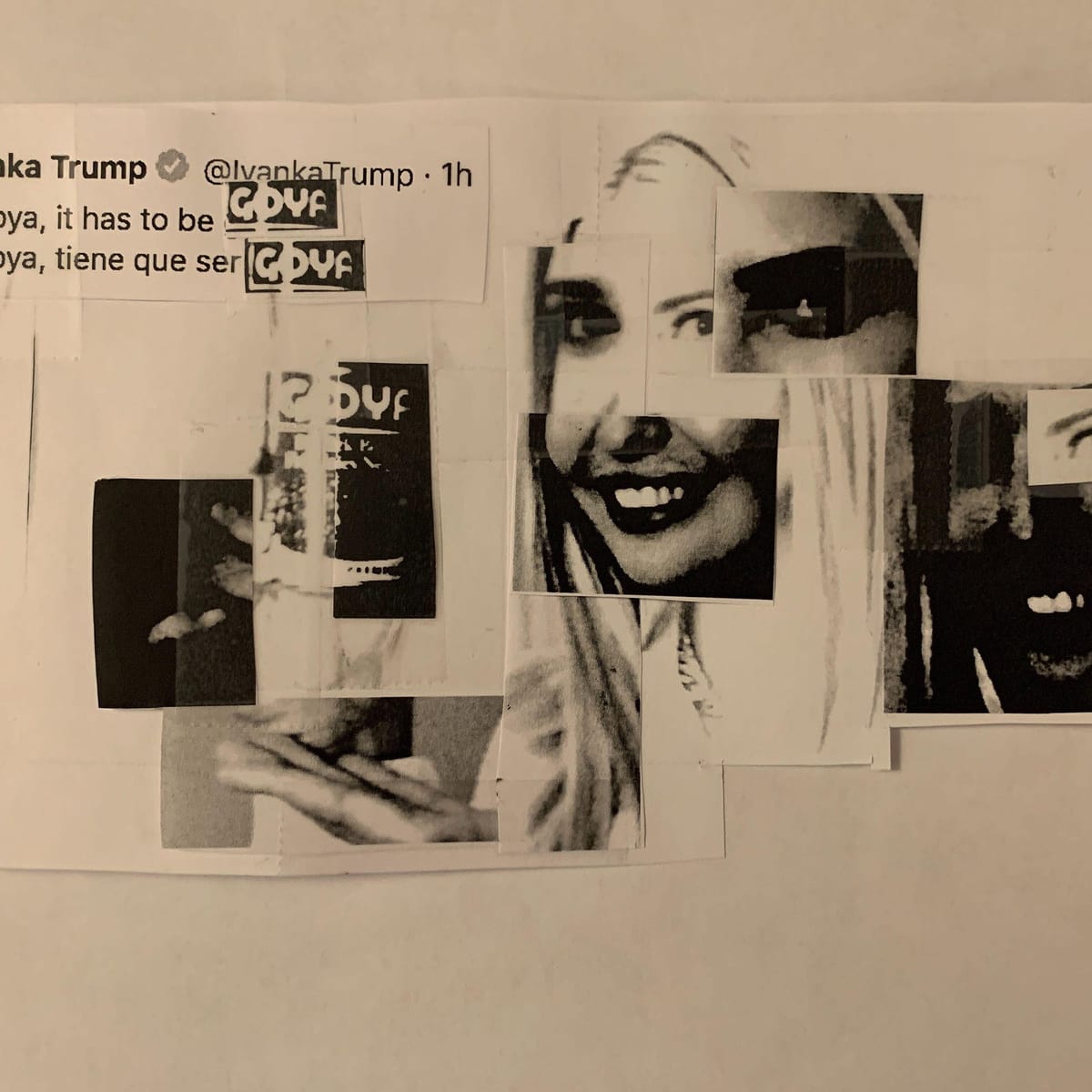
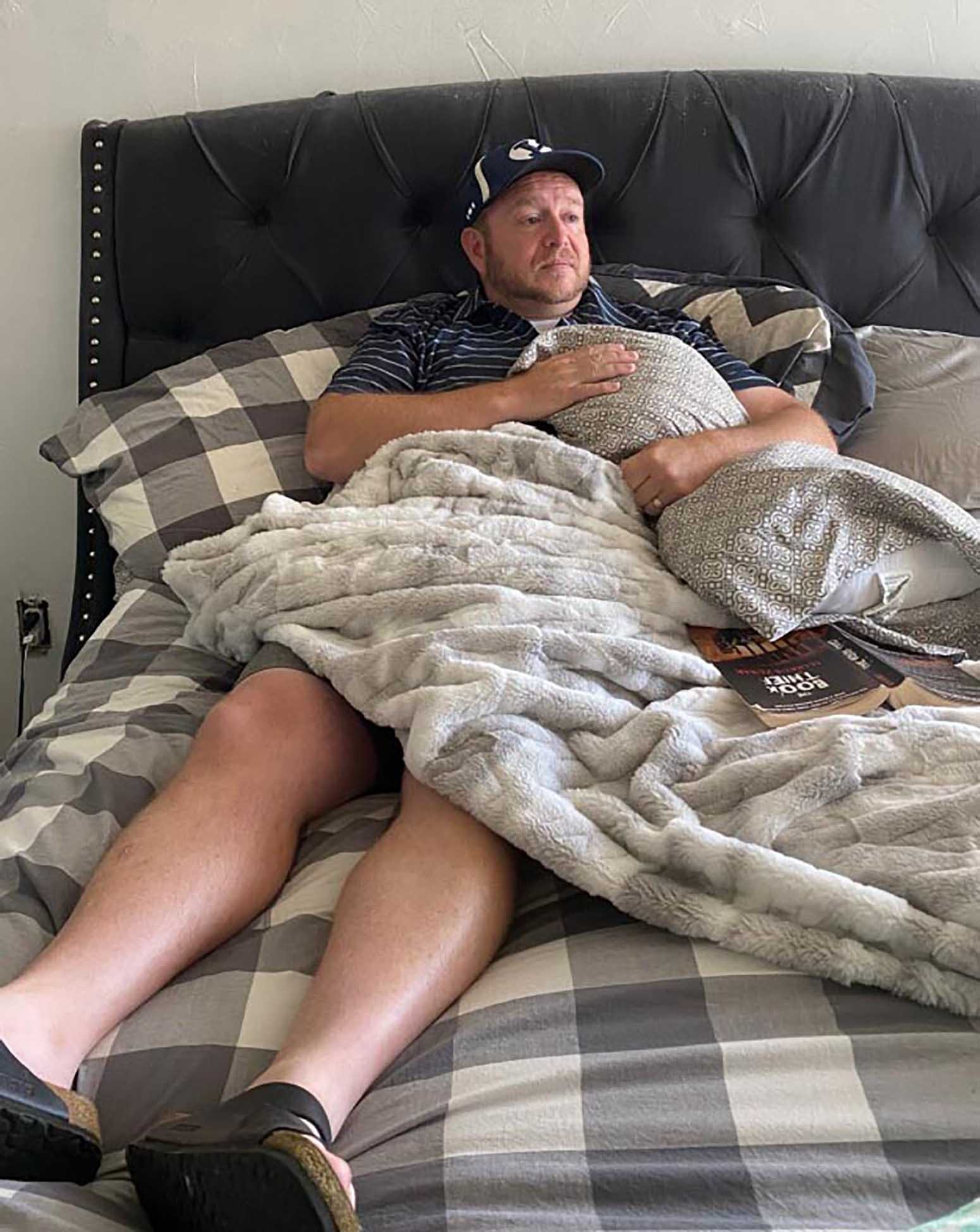
Photo by Aubree Linford
CONTRIBUTING WRITERS DEP’T.
How Did You Sleep Last Night?
By Lori Teresa Yearwood
GREG YOUNG STOOD over a body bag containing his 46-year-old friend, a victim of COVID-19. It was July 9. Two Labrador retrievers behind the front gate of the man’s home cried as their owner was wheeled into an ambulance. The memory of that howling, along with the unstoppable wondering what his friend’s last moments were like, followed Young to his home in North Ogden, Utah. There, he hugged his boys goodnight, told his wife he was going to bed early—it was just 9 p.m.—and collapsed into his king-sized bed, where he clutched his pillows and tried to sleep.
But a nightmare about death, along with another dream about a woman who wanted Young to buy the Christmas trinkets she was selling—and then cried inconsolably when he refused—kept Young from consistent sleep.
When he got up Friday morning, he donned a baseball cap, barely noticing the dark circles under his eyes.
“Yeah, I’m a little tired,” Young said. “But isn’t everybody right now? I think this whole COVID situation has really made people tired.”
Young, 49, tries to counteract that negative impact by helping people out whenever he can: in his personal life, where he says he is devoutly spiritual, as well as at work, at the offices of the transitional services for the Church of Jesus Christ of Latter-day Saints in Salt Lake City. He is the general manager there, helping to meet the needs of an impoverished population that includes refugees, immigrants and people coming out of incarceration.
But 2020 has repeatedly brought Young to tears, when despite his efforts to intervene, three of his friends have unexpectedly died.
The first friend was a colleague, Gordon Smith.
“He took his last breath in my arms,” Young said.
“There were three missionaries in my office and everyone was joking around about the conspiracy theories surrounding COVID,” Young said.
To support the group's levity, Young offered to make a donut run. When he returned to the office, he saw his friend “sitting in a chair, with his head tilted back, making gurgling sounds.”
“I started doing CPR and security came and I cradled him in my arms and yelled: ‘ Elder Smith come back!’ And then he took his last breath. I went into my office and sobbed.”
That was in March. Before that, in February, came the death of Justin, a man whose last name is not being used to protect his identity. Justin was a homeless man in his early 30’s whom Young was mentoring.
He had been out in the streets since he was a teenager, Young says.
“He was hooked on drugs," Young said. "He hustled people for money and he was regularly getting picked up by the cops.”
Sometimes the two sat men in Young’s office, talking about life and all its hardships. “One thing that I have learned is not to judge,” Young said. “Because, yeah, some of my clients have made bad choices. But don’t we all?”
Young tried to coax Justin into detox, but to no avail. One afternoon at work, Young got a call that Justin had overdosed. Police found his body near a downtown building vent, where Justin had apparently huddled in an attempt to be near the warm air that the vent was blowing outside.
Young felt awful. Yet he says he knows in his heart that in death, there is a release of suffering. “Their spirits are soaring and they are probably happy that they aren’t having to deal with the tumultuous life that we live in.”
The third friend who died was Mark Stout, the man who contracted COVID-19 earlier this month. A husband and father of three, Stout was a self-employed truck driver who lived in Harrisville, Utah. Young got the news of Stout’s death the day it happened.
“My bishop called and said: “Greg, there is an ambulance and three cop cars in front of Mark’s house,” he said.
Stout had texted Young just a few days previously: “ ‘I have COVID and I think my family has COVID as well.’
“I texted him back and said: “What can I do to help?’
“There is nothing you can do,” Stout texted back.
Nevertheless, Young sent more texts. Stout didn’t, or couldn't, respond.
Before the COVID, Stout had told Young that he had several near-death experiences, as he had nearly died in car accidents as well as industrial accidents.
“Greg, I have nine lives,’ ” Young says Stout told him. “‘I don’t understand why I keep staying on this earth. What is my purpose here? I keep getting saved.’ ”
But the medical complications he endured, which include diabetes, left Stout vulnerable to COVID-19.
When Young drove to Stout’s house, the police wouldn’t allow Young to enter the home, where Stout’s wife and two children were quarantined inside, Young says.
“I told the police: ‘I am his friend, can you at least let me wheel him out so I can say my goodbye?’ ”
Standing over his body, Young says he told Stout that he was sorry he couldn’t be with him one last time.
“Don’t get me wrong,” Young says. “There is a lot of good in this world. But every day I see suffering. I see people who have to go through very difficult circumstances and I wish I could rescue them all. But I know I can’t do that. I can’t control things like that.”
“How Did You Sleep Last Night?” is an ongoing series.

Another Week, Another Hmm Weekly
GOOD MORNING! This is the latest HMM WEEKLY, successor publication to HMM DAILY, distributed via SUBSTACK, a newsletter delivery and reading platform.
We offer paid subscriptions for full access to HMM WEEKLY posts, with intermittent postings available free as we see fit. Former financial supporters of HMM DAILY, whose billing was disconnected, are invited to reconnect and resume their financial support.
We urge you to spread the word about HMM WEEKLY, and we encourage you to correspond with us! Email hmmweekly@substack.com. Thank you for reading.
We encourage you to correspond with us! Email hmmweekly@substack.com

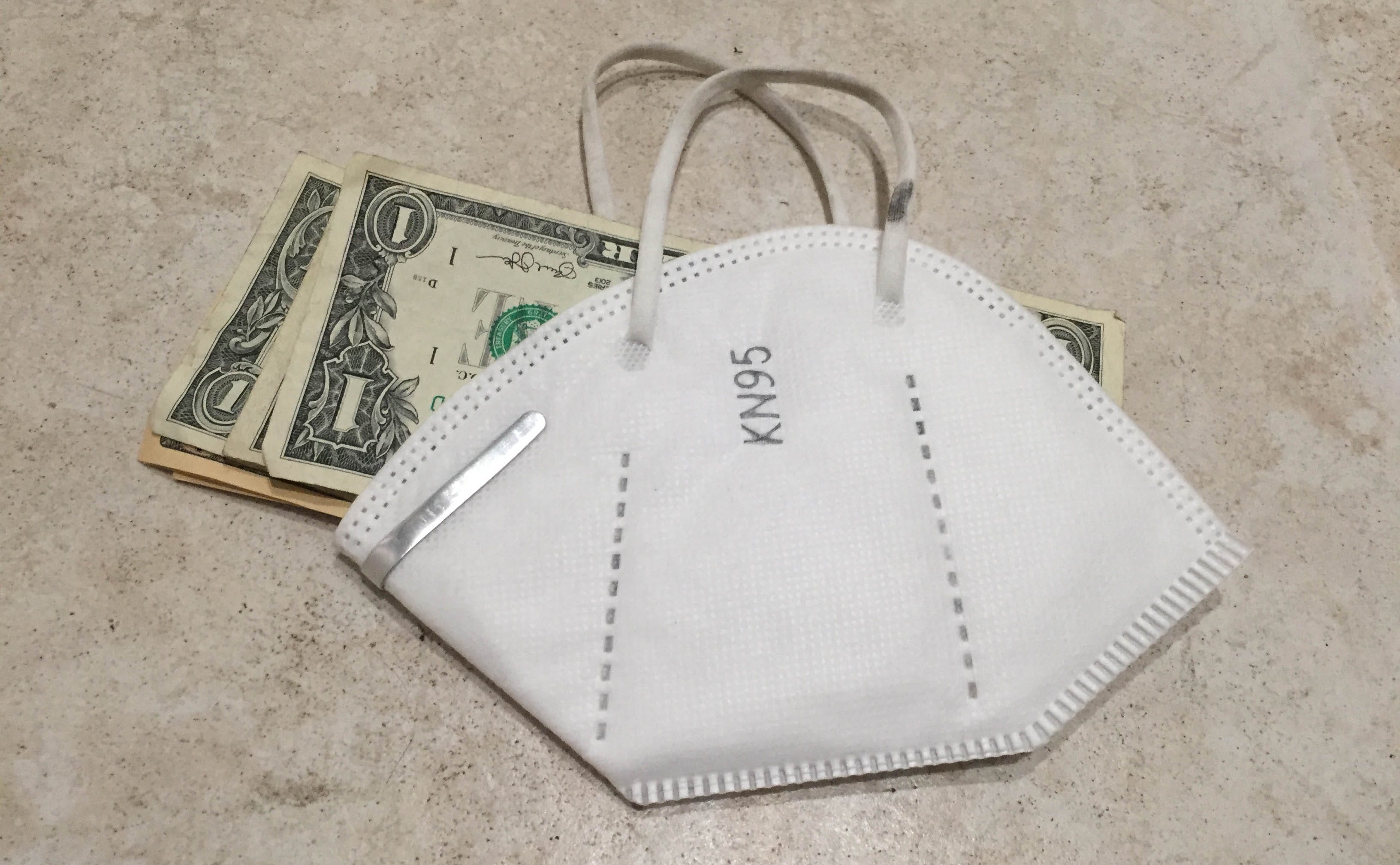
ADVICE DEP’T.
Ask The Sophist
Dear The Sophist:
My spouse-like person and I are nearing the end of a medium-level harrowing experience moving to another state in the time of COVID. Throughout the process we’ve been absolutely meticulous about avoiding the virus. We are both not old, but not young anymore. And we are arguably higher risk due to otherwise normal and mundane health afflictions of being middle-aged. To be sure, we are definitely afraid.
In the before-times of December, we decided that we had enough financial wherewithal to quit jobs and leave our very expensive Western locale, to move to a somewhat less expensive locale in a different Western state and be “early-semi-retired.” So we meticulously planned and executed a home sale, a move, a home search, and a home purchase, all as the pandemic (and economy) worsened around us. We’ve been careful, and it’s not as if we violated any state or local mandates. Real estate transactions and moving were deemed “essential businesses," we stayed at home during stay-at-home orders, and we quarantined in the new state per recommendations in the new state. We wear our masks at all times in public. We’ve taken every recommended precaution in every circumstance.
But the whole ordeal has necessarily engaged a wide range of other “essential” people: real estate agents, escrow agents, attorneys, notaries, home inspectors, plumbers, painters, handymen, and movers. Not to mention the everyday essential workers at the Amazon warehouses, delivery drivers, grocery stores, liquor stores, and carryouts. We feel like we’ve had an outsized impact exposing people to risk because of our decision to go ahead with the move. But we also never thought the pandemic would get this bad.
Anyway, we are finally moving in to our new home this week. The movers have been hired. The lease on our temporary housing is up. There’s obviously no turning back. But as new COVID cases explode around us, my spouse-like person and I have agreed to be extremely careful during the final move. We’re not going to help move boxes in the close quarters of the new house. Indeed, we’re not going to engage in the actual move whatsoever other than to direct to which room stuff should be unloaded, and answer questions at a very safe distance, outdoors. In a different timeline or a different country, we’d be engaged and helping.
So, in this final stage of the move, we are asking some young men being paid a low wage to do some very hard labor in a risky environment on our behalf while we literally just watch from a distance. We intend to pay the moving company their fee and we intend to tip the movers substantially more generously than we would otherwise. But do we owe more? Specifically to these movers, but to everybody? Should we be guilty that we carried out our plans during this pandemic simply because we had the privilege and ability to do so? Or do the wages and fees we’ve paid fairly compensate for the services we’ve been provided? Does “reopening” the economy mean that the old rules of everyday transactions apply? Or does the utterly failed leadership in our country require us to do more? We would appreciate your advice in this matter. For what it’s worth, after the move is complete, we plan to lead a rigorous stay-at-home quarantined lifestyle until our “financial wherewithal” is somewhat restored after the market crash and we’re offered a vaccine.
Signed,
New to Portland
Dear Oregon Trailer,
I'm afraid no one can give you what you're trying to ask for here, which is the reassurance that your approach to moving has brought about the least possible harm to others. This is not because you have done anything wrong; the decisions you've made sound completely reasonable and appropriate under the circumstances. It's because the whole idea of trying to do the least possible harm presumes that you're operating as a dutiful member of a functioning society.
In the time between your decision to relocate and the completion of the moving job, society itself—particularly the governmental part of society—has fallen apart. You're stuck carrying out pre-apocalyptic plans in an apocalyptic landscape, trying to make harm-management calculations while the baseline risks are shifting constantly and unpredictably.
Should movers be risking debilitating or fatal disease for the sake of moving your possessions? Obviously they should not. But: is it your fault that they are? You aren't the ones who failed to implement effective testing and tracing to control the outbreak, or allowed the protective-equipment supply chain to fall apart, or refused to give Americans open-ended income support and relief for their housing costs. To whatever extent the movers have been coerced into doing this job, that coercion comes from people with much more authority and responsibility than you.
Everyone does have an individual duty to take what precautions they can in everyday life—wearing masks, avoiding mingling, minimizing demands on essential workers. But those involve fairly simple decisions and controllable conditions: you either put on a mask (the right thing to do) or you don't put on a mask (the wrong thing to do).
Individual choice stops being a useful framework when you can't plausibly know what the options are. What would the alternative to moving have been? Canceling your own home sale, at the expense of the people who were counting on moving into your old house? Freezing the whole process for two months, or four months, or six months, or until there's a vaccine—as if the government's efforts to control and overcome the virus were a predictable progression you could write a schedule around, rather than an ever-worsening series of disasters?
It is really not your responsibility, at this point, to fill in the yawning chasm where the government should go. In a just world, there would be tribunals whenever this is finally over. And you would have nothing to fear. Cast off your guilt—especially the social guilt about not helping out the movers (even in normal times, they really would rather you stayed out of their way). Set up the moving crew with plenty of bottled water and hand sanitizer, and let them do their job. Tip them even more heavily than you were thinking of tipping them. And then donate more of your money, and your newly semi-retired time, to the project of overthrowing the entire system that put you in this position.
Watch out for the volcano,
The Sophist
Got something you need to justify to yourself, or to the world at large? Other columnists are here to judge you, but The Sophist is here to tell you why you're right. Send your questions to AskTheSophist@hmmweekly.com, and get the answers you want.

THOUGHT DEP’T.
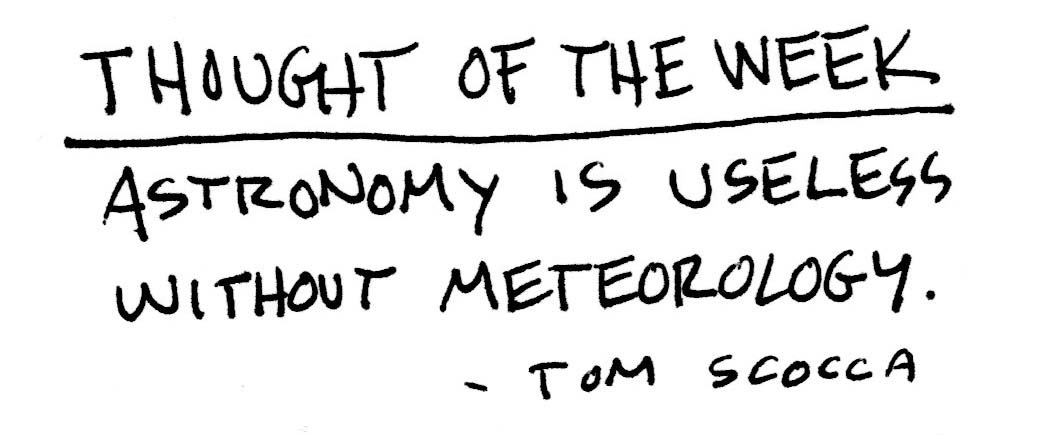
Do you have a thought? Send it to hmmweekly@hmmweekly.com.

VISUAL CONSCIOUSNESS DEP’T.
Hot Dogs and Beyond
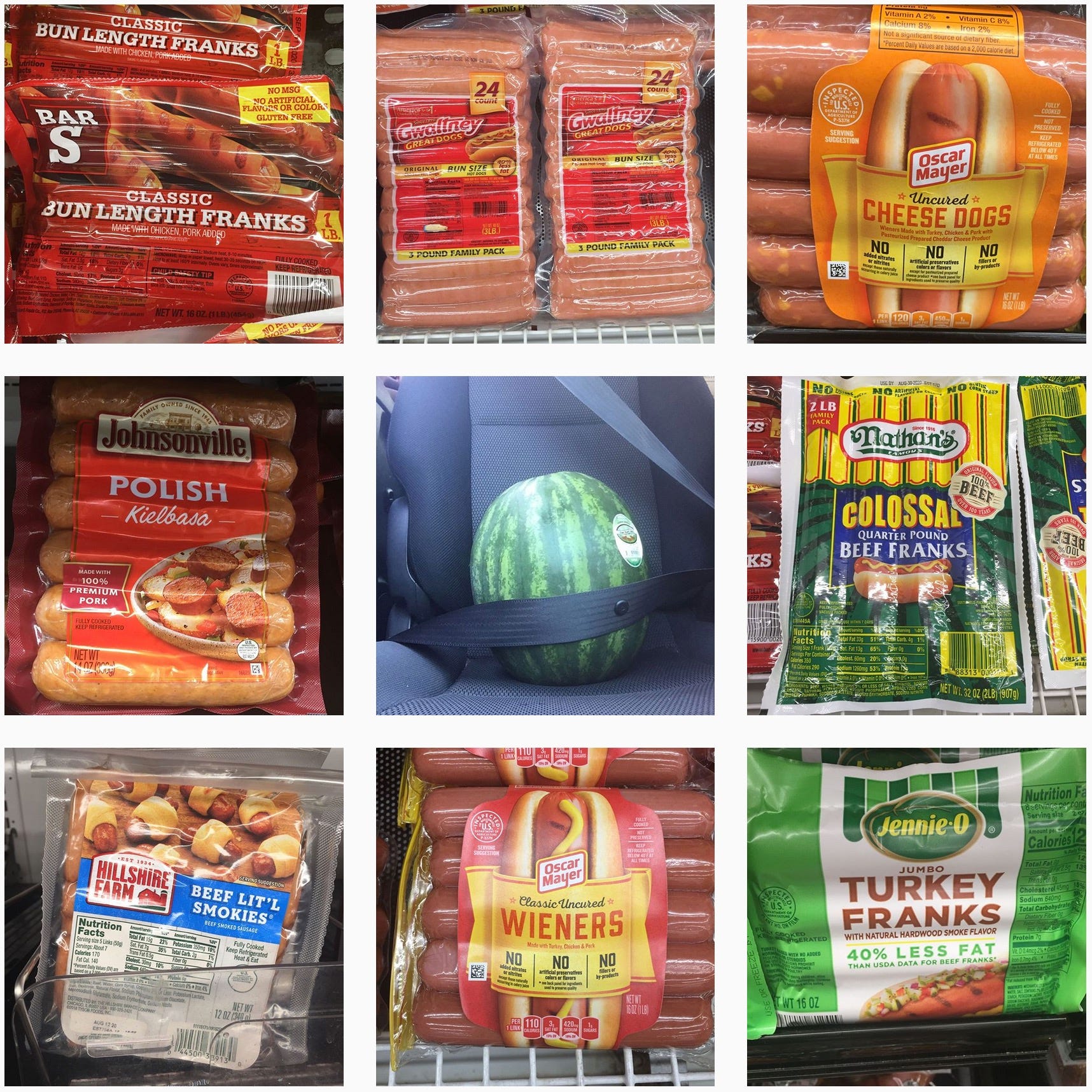
YOU CAN FOLLOW hmmweeklygram on Instagram.

BRAIN ITCH DEP’T.

Beans.

SANDWICH RECIPES DEP’T.
UNTIL WE FIND a better source, we present select recipes from the leviathan and encyclopedic 1896 edition of The Boston Cooking-School Cook Book, by Fannie Merritt Farmer, Principal of the Boston Cooking-School, several editions of which are available on Google Books for the delectation of all.
Chicken Sandwiches.
Chop cold boiled chicken, and moisten with Mayonnaise or Cream Salad Dressing; or season with salt and pepper, and moisten with rich chicken stock. Prepare as other sandwiches.
Nut and Cheese Sandwiches.
Mix equal parts of grated Gruyère cheese and chopped English walnut meat; then season with salt and cayenne. Prepare as other sandwiches.
Fruit Sandwiches.
Remove stems and finely chop figs; add a small quantity of water, cook in double boiler until a paste is formed, then add a few drops of lemon juice. Cool mixture and spread on thin slices of buttered bread; sprinkle with finely chopped peanuts and cover with pieces of buttered bread.
If you make one of these sandwiches, before you eat it, please won’t you send a picture to hmmweekly@substack.com.

HMM WEEKLY IS written by Tom Scocca, editor, and Joe MacGruyère, creative director. If you enjoy Hmm Weekly, please let a friend know about it! If you're reading this because someone forwarded it to you, go ahead and sign up for a copy of your own right now.
Thanks for reading, and any time you want, email us at hmmweekly@substack.com.




